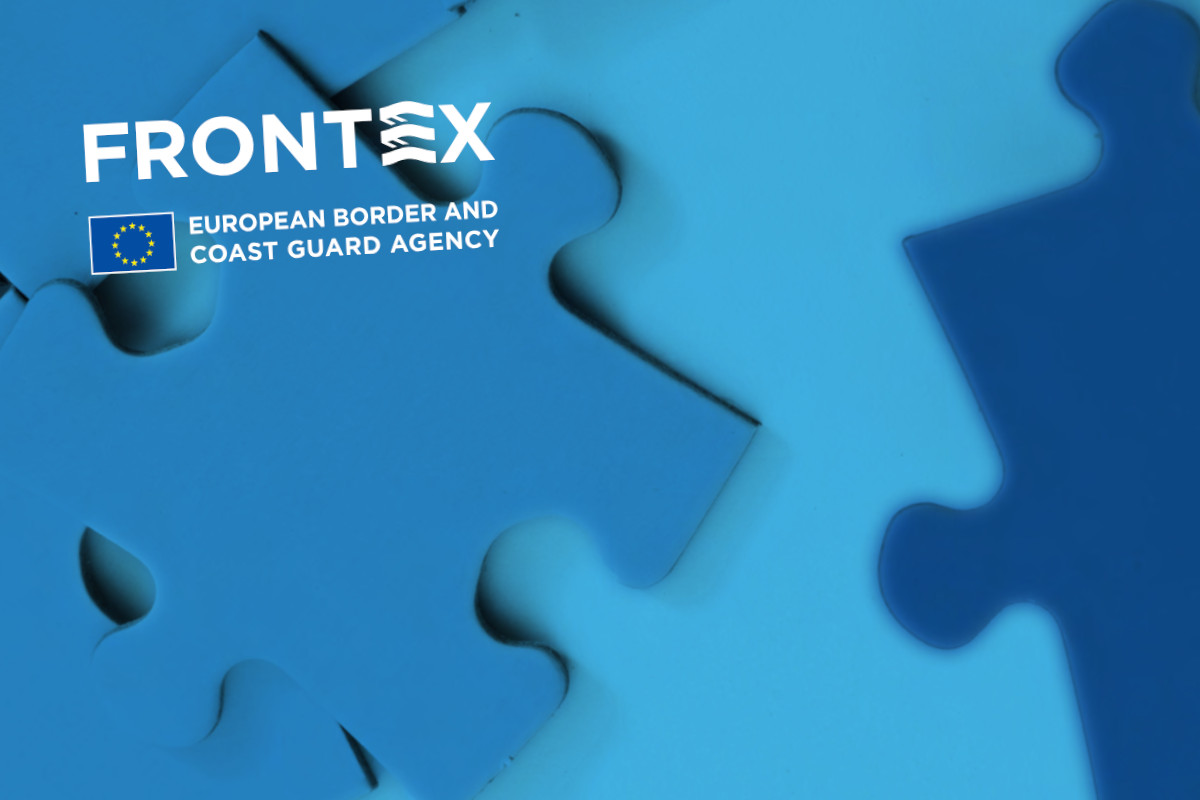Serial shipwrecks on the Libyan route: the price of deterrence
Topic
Country/Region
30 January 2025
In just one week in November, more than 600 people in unseaworthy vessels were intercepted on the high seas and taken back to Libyan shores, where conditions remain appalling. This is the result of cooperation between Italy, Frontex and Libyan bodies that flies in the face of international law.
Support our work: become a Friend of Statewatch from as little as £1/€1 per month.
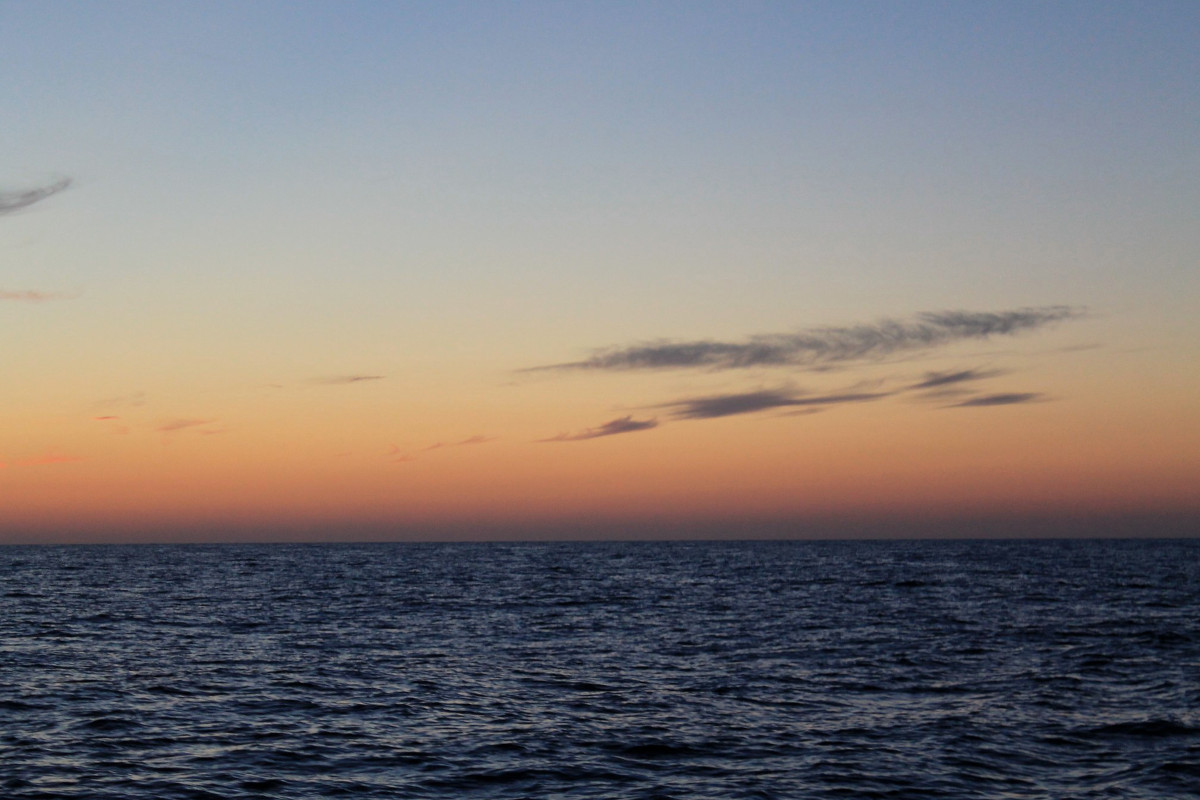
Image: Patrick Nouhailler, CC BY-SA 2.0
Edited translation of an article by Fulvio Vassallo Paleologo first published by Associazione Diritti e Frontiere (A-DIF), 22 November 2024.
Note: Since this article was first published in Italian, there have been multiple other shipwrecks and deaths in the Mediterranean. We are not able to provide an exhaustive list. These events receive little attention from the press, which is precisely the intention of the authorities. As reported by Alarm Phone, in December alone there were more than a dozen shipwrecks in the Mediterranean that may have taken the lives of hundreds of people. In the Atlantic and Western Mediterranean, Caminando Fronteras reports the deaths of more than 10,000 people in 2024. The incidents recounted in this article are just a few of many.
Interceptions, deaths and disappearances at sea
In just one week in November, more than 600 people were intercepted on the high seas and taken back to Libyan shores, according to the International Organisation for Migration (IOM). This is the result of agreements signed by Italy with various Libyan “bodies.” Amongst those bodies are the coast guards, an expression of the militias amongst which control of the coasts is divided. This year, they again received boats and assistance from Italian authorities.
So far in 2024, according to IOM data, 20,231 migrants have been intercepted “in the high seas off the Libyan coast.” This phrase is commonly used by institutional sources, though their reports often lack precise details on shipwreck and interception locations.
Amongst those people, 515 appear to have died and another 830 have gone missing, about whom nothing more is known. In the most recent shipwreck, seven bodies were reportedly recovered. Another 54 people are missing.
There has been no official statement from either the Libyan or Italian authorities. Such statements are usually closely connected when it comes to attacking NGO vessels. Allegations now seem pre-packaged, as if on a conveyor belt.
It has also been reported that a boat carrying over 20 Syrians, most of them from the province of Daraa, sank off the Libyan coast on the morning of 20 November. The boat sank about two hours after it had left the coast of Tripoli, according to the migrant support organisation Consolidated Rescue Group. Thus, it probably occurred in international waters, in the search and rescue (SAR) zone that was unduly attributed to the government of Tripoli.
The Consolidated Rescue Group has released a video showing a Libyan fisherman who managed to save three young Syrians. One of the survivors says that they sank on Wednesday, at 3:30 AM. Two other young men appeared to be lying down on the deck of the boat, completely exhausted.
For its part, the media outlet Horan Free League has specified that the fibreglass boat, which was about seven meters long with two engines, also carried women and children. Fishermen supposedly managed to save survivors about four hours later, although several people are still missing.
An eery detail, if confirmed: after rescuing and taking survivors on board, Libyan fishermen allegedly negotiated with the survivors’ families, asking for money in exchange for their release, or even for their handover to the Libyan authorities.
Vessels for Libya
From 2022 to date, Italy has given 14 vessels to the Libyan coast guard operating under the Tripol-based Government of National Unity. According to Altreconomia:
“On this occasion, they are 14 vessels that are “pneumatic with a ‘rigid fibreglass’ craft,” as stated in the tender documents, capable of a cruising speed of at least 30 knots and with an autonomy of 200 nautical miles, approved for the transport of 12 persons and meant to “carry out the Libyan authorities’ institutional tasks”.
These provisions are part of a wider EU-funded support programme for search and rescue activities in the Libyan SAR zone established in 2018. It appears more appropriate to define these “rescues” as interceptions, directed by guidance from Frontex aircraft operating in the westernmost part of the sea route from Libya to Italy.
For years, Frontex’s surveillance activities and its collaboration with the so-called Libyan coast guard have been subjected to harsh criticism, also within European institutions. Nevertheless, this collaboration continues and the agency is constantly being reinforced.
These externalisation policies increasingly reveal the degradation of the field of migration management. Beyond the ambitious proposals in the EU’s Pact on Migration and Asylum, the EU is delegating expulsions to countries that do not respect human rights, and drawing up forced removal plans which are regularly contradicted by basic principles of reality. Only a fraction of those removals are actually executed, due to a lack of cooperation from countries of origin.
At the same time, the self-styled Libyan coast guard has threatened NGO boats undertaking search and rescue activities in international waters on several occasions. However, Italy’s Piantedosi decree (law 15/2023) requires that humanitarian vessels in the Libyan SAR zone obey the commands of the Libyan authorities. Complying with this duty means violating the search and rescue duties enshrined in international law.
Legal rulings
In April this year, a court in the port city of Crotone suspended the administrative detention of the rescue ship SOS Humanity. The court ruled that the Libyan coast guard’s rescue operation was “inconsistent.” Therefore, the SOS Humanity did not engage in any “obstructive conduct,” which was one reason for the boat’s detention. Rather, it was “the only vessel that intervened to fulfil, in the sense recognised by international [legislative] sources, the duty of rescuing migrants at sea.”
According to the same court:
“…it cannot be maintained that the activity carried out by the Libyan coast guard can be qualified as a rescue operation... In fact, it is not disputed and has been shown using documentation that the Libyan personnel were armed and that, during these activities, they also fired shots.”
The court also found that “no safe place [in which to disembark people] appears to have been disclosed by the same Libyan authorities.”
The Crotone court reaffirmed that “Libya cannot be considered a safe place under the Hamburg Convention [on Maritime Search and Rescue] at this time, because the Libyan context is characterised by serious and systematic human rights violations and the 1951 Geneva Convention on Refugees has never been ratified by Libya.” Hence, “no detention order can be justified regarding the only vessel which acted to fulfil the absolute duty to rescue at sea.”
The Crotone judge’s ruling was confirmed in June of this year. It undermines a key part of the Piantedosi decree used to justify the administrative detention of NGO vessels. The government alleges that they create dangerous situations by continuing their search and rescue activities even when a Libyan patrol boat arrives, despite a lack of truly unified coordination of rescues.
The authorities in Tripoli, with their joint coordination centre (JRCC), are obviously unable to guarantee coordination without support from Frontex planes and drones. The situations of danger that should be addressed concern the Libyan interventions, or lack thereof, assisted by Italy and directed towards targets by Frontex.
Places of safety
Search and rescue (SAR) operations in international waters should not be coordinated by a country, such as Libya, which cannot guarantee places of safety in which to disembark people. Countries that can guarantee places of safety are still obliged to conduct search and rescue operations, even outside their SAR zones.
Huge SAR zones are assigned to Libya (and Malta) for political and economic reasons. Bilateral agreements between these two countries and with Italy, under Frontex’s watchful eye, lead to people being abandoned in international waters in situations of distress. This is not acceptable.
These people are effectively removed from any jurisdiction, and then abandoned to militias beyond the control of any state authority. They are people whose fundamental rights, starting with the right to life, cannot find protection before any court.
Italy cannot continue to shield itself behind the convenient alibi that Maltese authorities do not guard their search and rescue zone – a search and rescue zone that they claim for commercial reasons linked to air traffic fee revenue, but in which they do not undertake any search and rescue activities beyond their territorial waters.
The courts have cancelled or suspended almost all the administrative detention orders imposed on NGO rescue vessels. Nevertheless, the practice of allocating increasingly distant ports for disembarking survivors is emptying the central Mediterranean of civilian rescue assets. In fact, on the Libyan route, particularly in waters falling within the so-called “Libyan” SAR zone, there are practically no rescue vessels to save people in distress. Italian state rescue vessels are now concentrated in Italy’s SAR zone, south of Lampedusa, to intercept migrants to be taken to Albania.
This means that Libyan patrol boats enact interceptions on the high seas, even outside the “Libyan” SAR zone, and return vast numbers of people to land. There, they are thrown back into the detention camps from which they have escaped. The human cost of this is intolerable.
Frontex is an essential link in this deterrence mechanism. Constitutional questions must be raised in forthcoming legal proceedings targeting the NGOs that continue to enact rescues in international waters on the Libyan route. Matters can also be referred to the EU Court of Justice for preliminary rulings. This will allow an assessment of the Piantedosi decree with higher legal requirements: the prioritisation of rescue over countering illegal immigration, and disembarkation of shipwreck survivors in a place of safety. Such requirements are included in the Regulation governing surveillance of sea borders during Frontex operations. This mandates “full respect for the fundamental rights of migrants” during cooperation with non-EU states.
Our work is only possible with your support.
Become a Friend of Statewatch from as little as £1/€1 per month.
Further reading
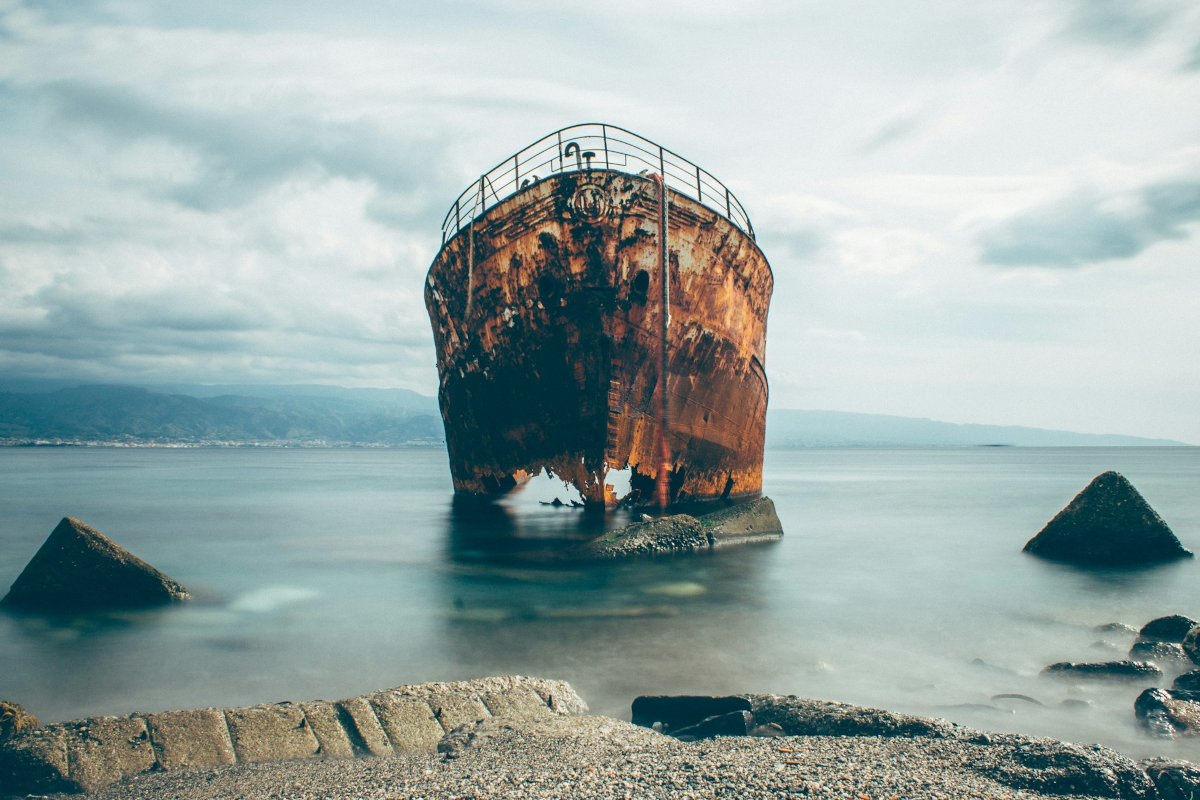
From Cutro to Pylos: what two shipwrecks reveal about Europe’s deadly migration policies
The anniversary of the shipwreck in Crotone on 26 February was marked by relatives and supporters of at least 94 people who died on the morning of that same day in 2023. They gathered on the beach in Cutro, in the city of Milan, and elsewhere in Italy: the names of the dead were read at public events, and survivors gave their testimonies.Three months later, it will also be the first anniversary of the Pylos shipwreck, in which at least 500 people lost their lives, and similar events will mark that anniversary. [1]
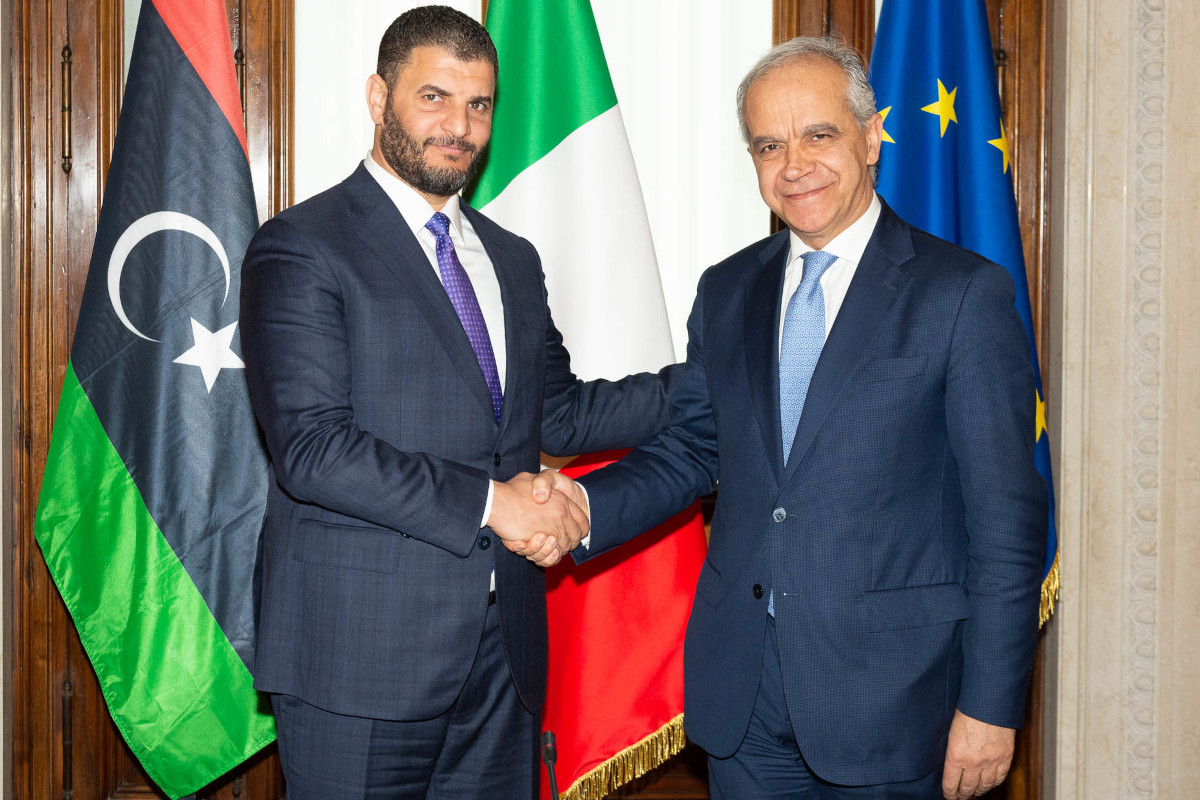
Italy has nullified the right to transparency regarding borders
The State Council has confirmed an “absolute” lack of access concerning acts related to the “management of borders and immigration”. Meanwhile, the government’s procurement worth millions of euros for Libya, Tunisia and Egypt continues.
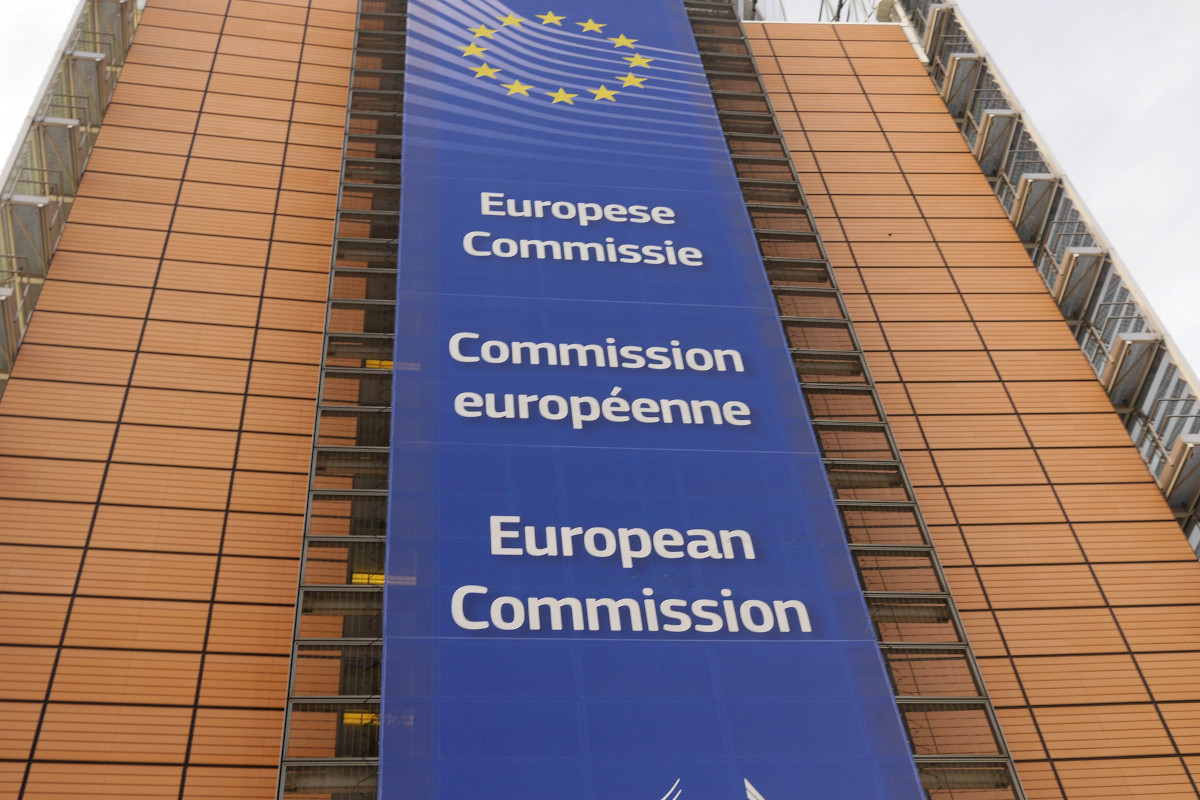
Migration policy priorities of the next European Commission: a jargon-free translation
This week, the proposed new European Commissioners are being interviewed by the European Parliament. Four of the 26 “mission letters” sent to the nominees by Ursula von der Leyen set out responsibilities with regard to migration, asylum and border policy. Couched in typical EU jargon, the texts hide a brutal and violent reality. Aside from the implementation of the Pact on Asylum and Migration, key topics in the coming months and years will include a new deportation law; attempts to set up deportation camps (“return hubs”) in non-EU states; new “partnerships” with non-EU states to try to control migration; and increased police powers.
Spotted an error? If you've spotted a problem with this page, just click once to let us know.
